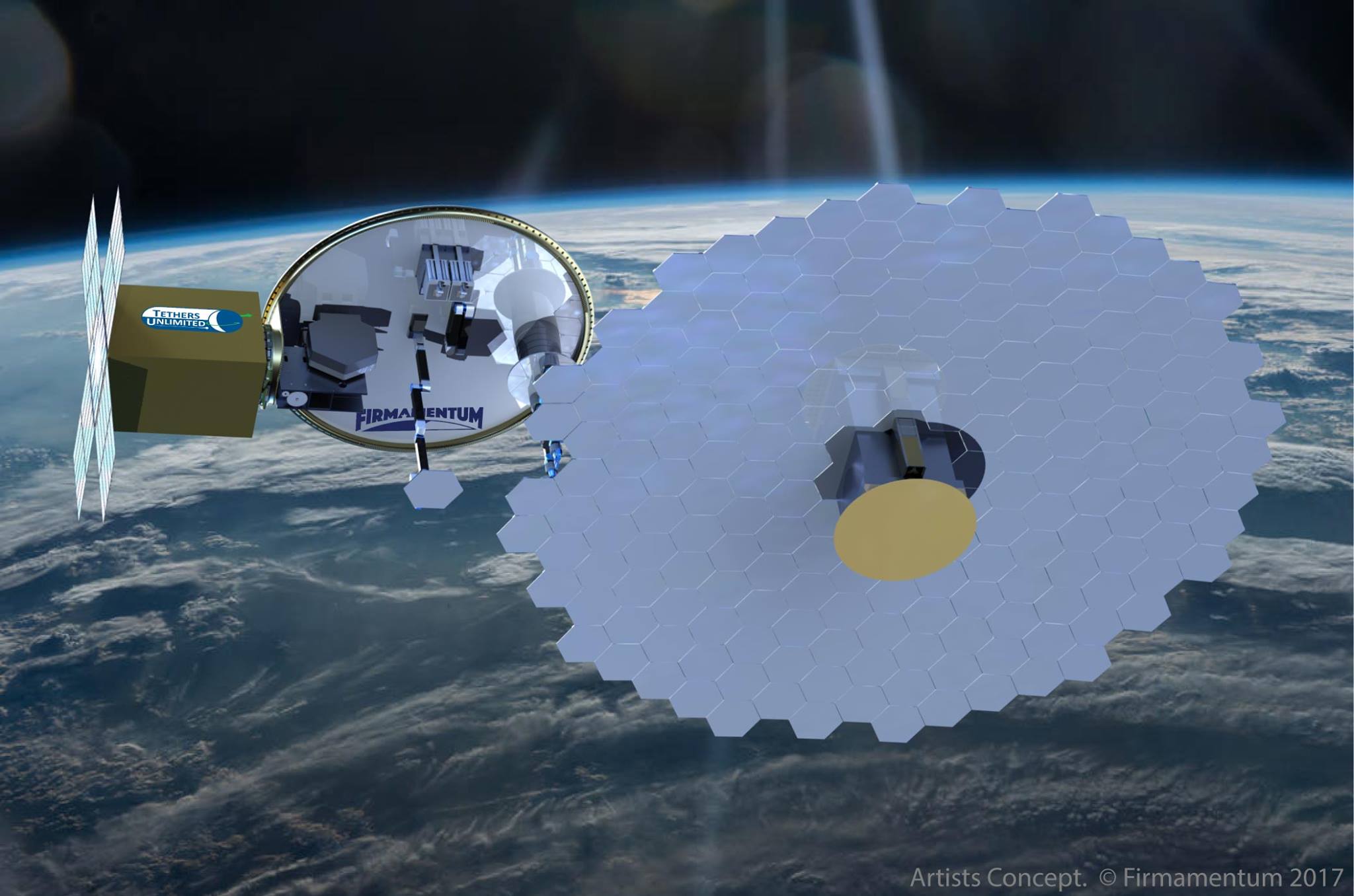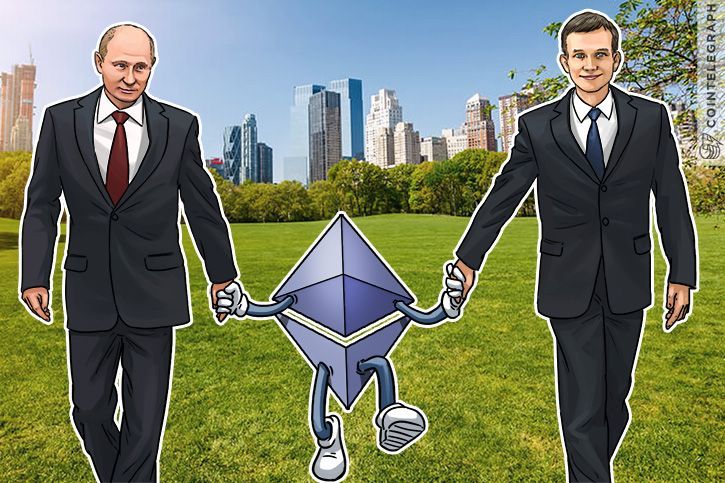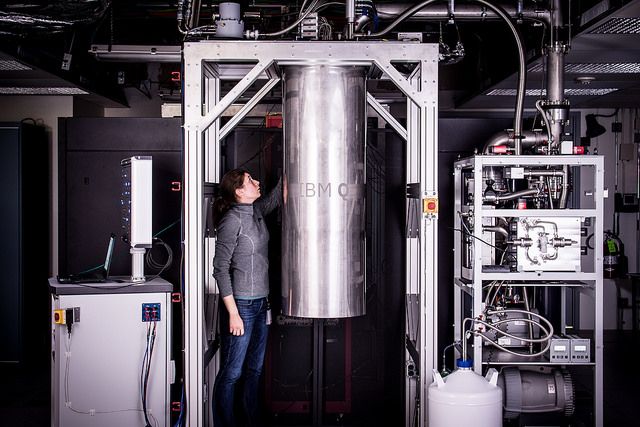Jun 12, 2017
What if we built spacecraft… IN SPACE?
Posted by Klaus Baldauf in categories: business, internet, robotics/AI, space travel, sustainability
We are incredibly excited to announce that Firmamentum, a division of Tethers Unlimited, Inc. (TUI), has signed a contract with the Defense Advanced Research Projects Agency (DARPA) to develop a system that will use in-space manufacturing and robotic assembly technologies to construct on orbit a small satellite able to provide high-bandwidth satellite communications (SATCOM) services to mobile receivers on the ground.
Under the OrbWeaver Direct-to-Phase-II Small Business Innovation Research (SBIR) effort, Firmamentum aims to combine its technologies for in-space recycling, in-space manufacturing, and robotic assembly to create a system that could launch as a secondary payload on an Evolved Expendable Launch Vehicle (EELV). This system would recycle a structural element of that rocket, known as an EELV Secondary Payload Adapter (ESPA) ring, by converting the ring’s aluminum material into a very large, high-precision antenna reflector. The OrbWeaver™ payload would then attach this large antenna to an array of TUI’s SWIFT® software defined radios launched with the OrbWeaver payload to create a small satellite capable of delivering up to 12 gigabits per second of data to K-band very small aperture terminals (VSAT) on the ground.





 One of the missions of Lifeboat Foundation has always been to contemplate the protection of our fragile Spaceship-Earth and to contemplate a day when we may need to migrate from this tiny stage. Yesterday, that day may have been moved a lot closer. But I am getting ahead of myself.
One of the missions of Lifeboat Foundation has always been to contemplate the protection of our fragile Spaceship-Earth and to contemplate a day when we may need to migrate from this tiny stage. Yesterday, that day may have been moved a lot closer. But I am getting ahead of myself.











